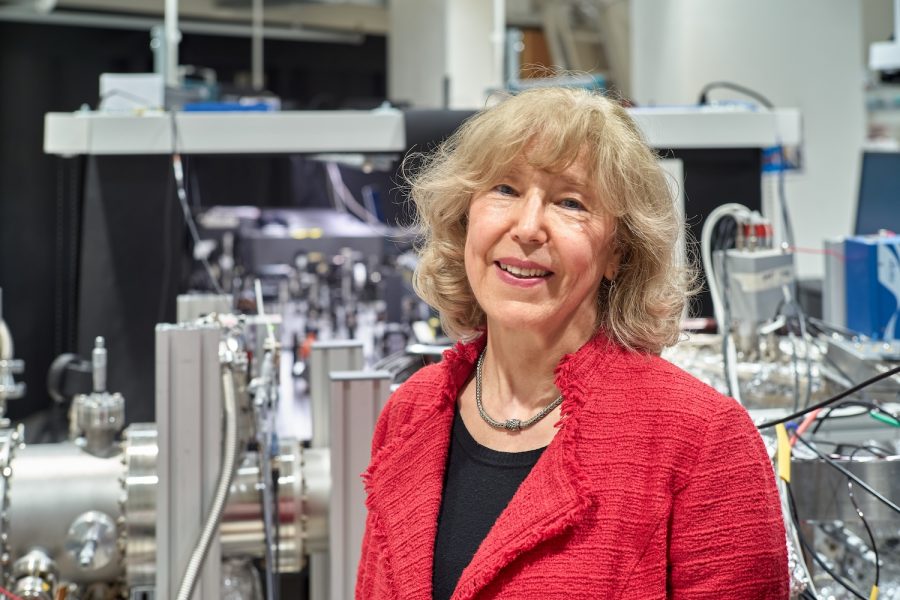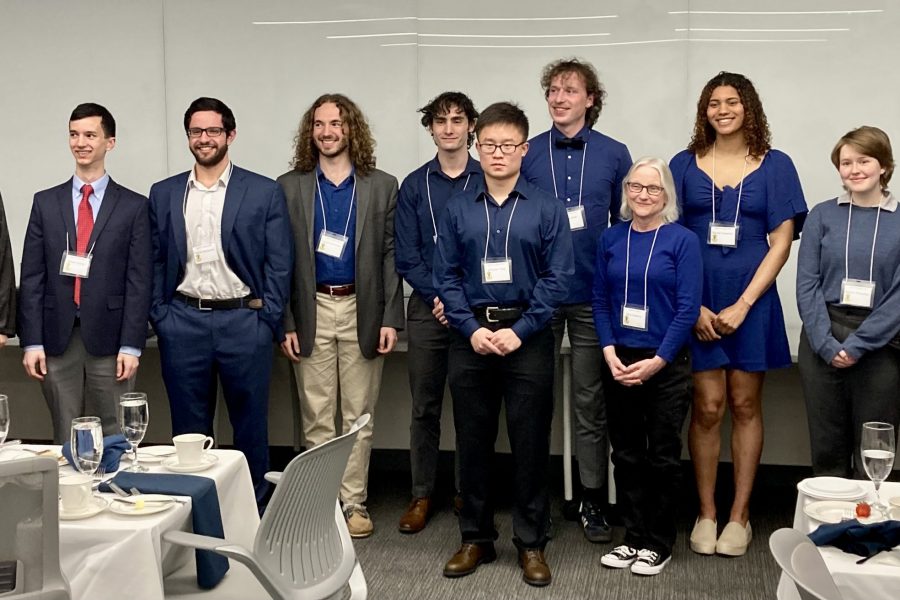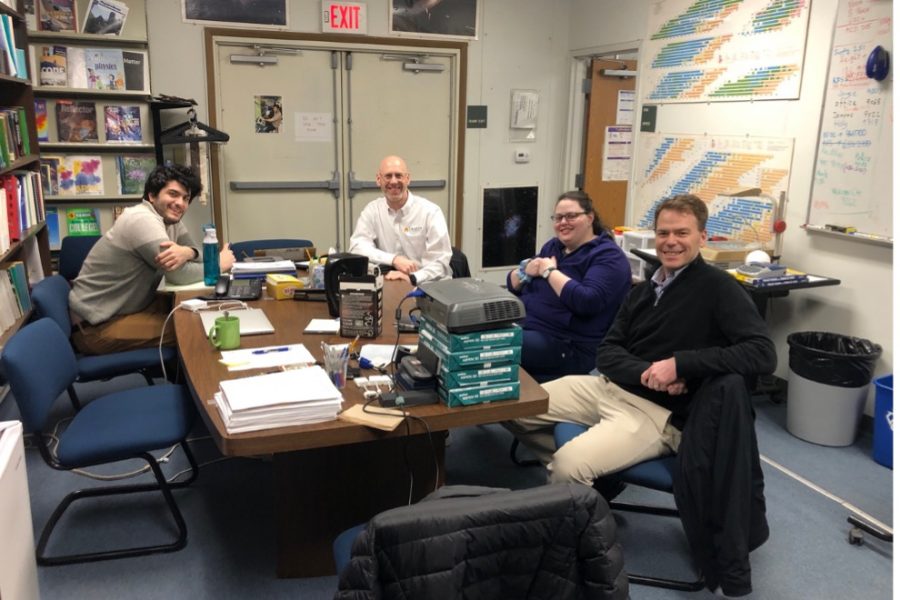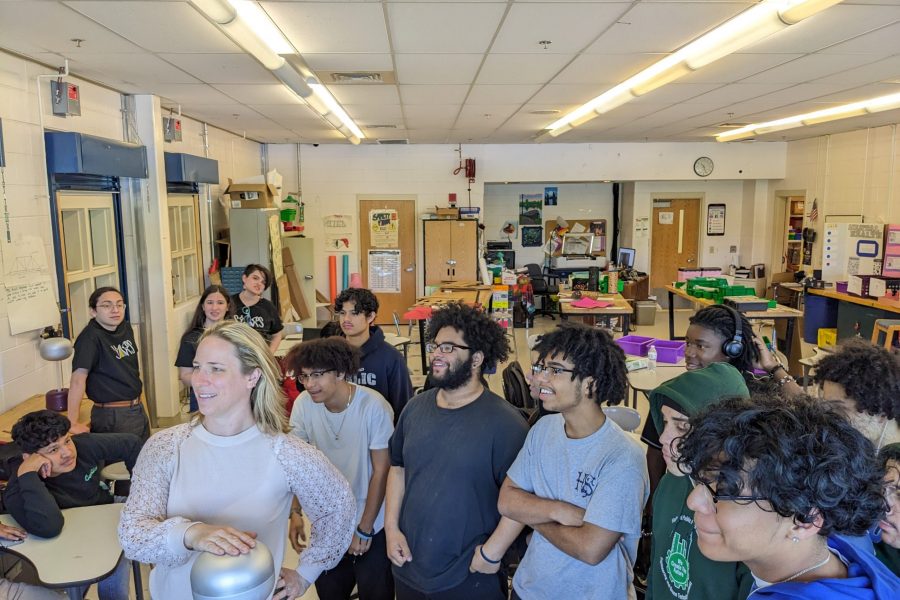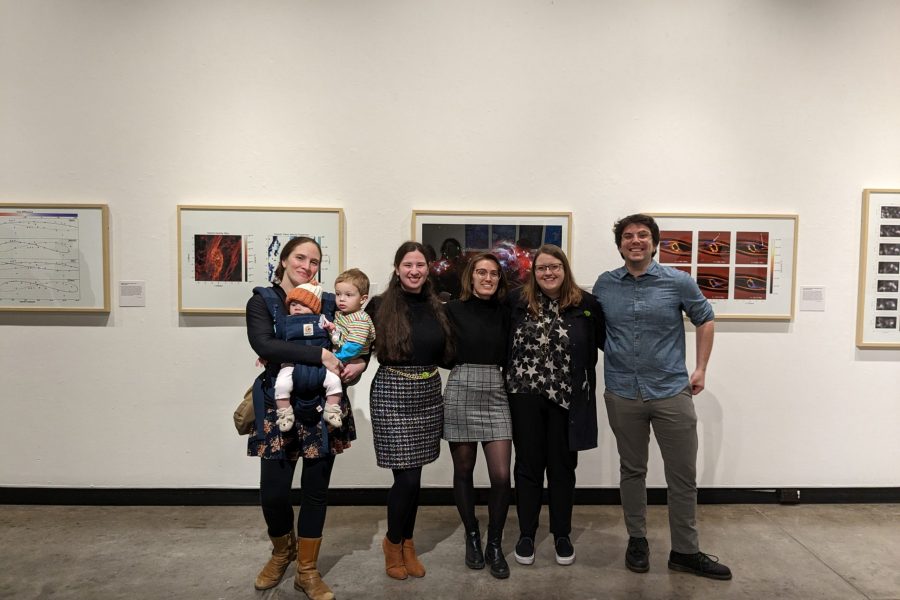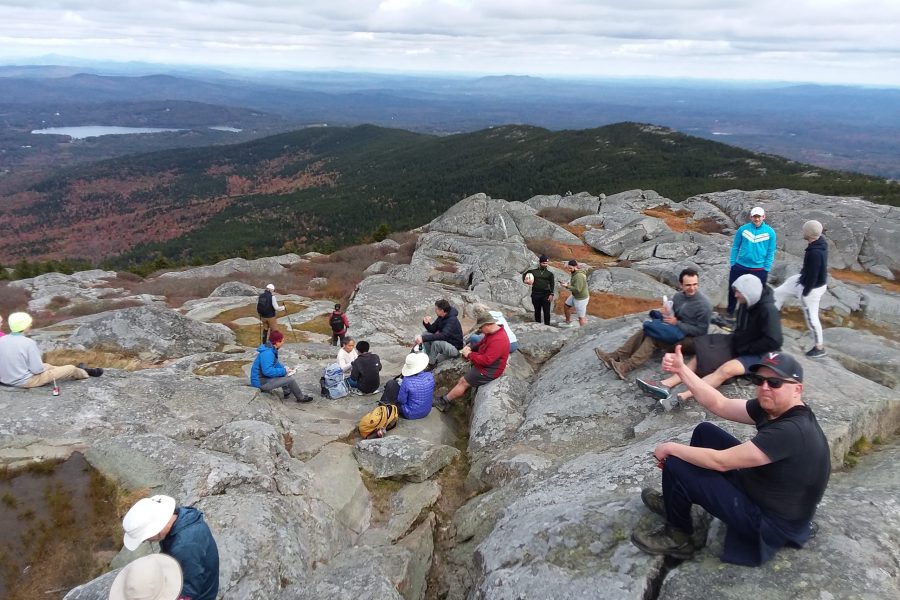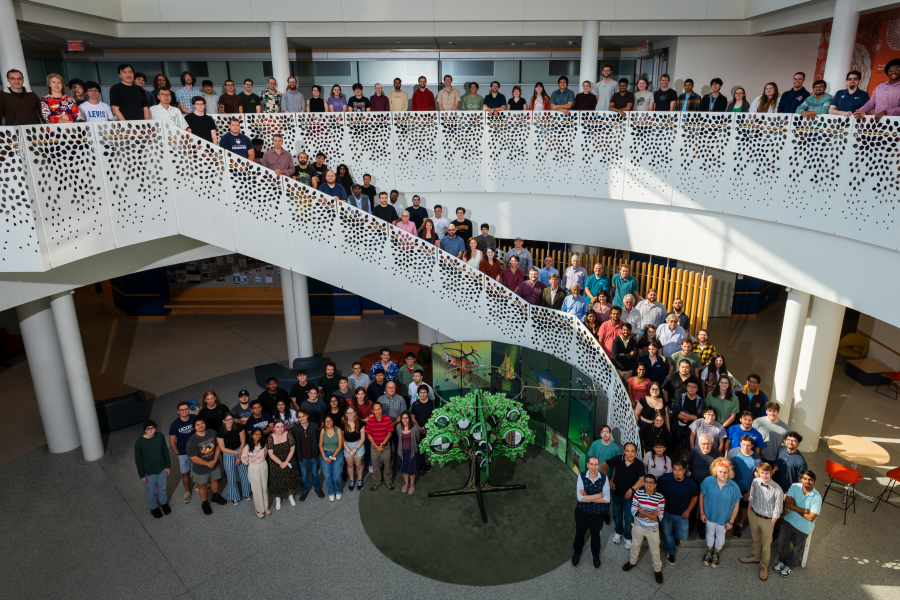 Department of Physics Group Photo Fall 2024
Department of Physics Group Photo Fall 2024 Conference for Undergraduate Women and Gender Minorities in Physics, January 24-26 2025. Group photo.
Conference for Undergraduate Women and Gender Minorities in Physics, January 24-26 2025. Group photo. Physics Professor Nora Berrah Elected to National Academy of Sciences
Physics Professor Nora Berrah Elected to National Academy of Sciences Sigma Pi Sigma induction ceremony 2024
Sigma Pi Sigma induction ceremony 2024 The Mirion Technologies Inc. - UConn Physics Partnership
The Mirion Technologies Inc. - UConn Physics Partnership UConn STARs Visit Hartford High School
UConn STARs Visit Hartford High School The Milky Way Laboratory Contributes to Art Exhibit at the University of Hartford
The Milky Way Laboratory Contributes to Art Exhibit at the University of Hartford UConn Physics Department members rest after ascent of Mount Monadnock near Jaffrey, NH 14-Oct-2023
UConn Physics Department members rest after ascent of Mount Monadnock near Jaffrey, NH 14-Oct-2023
News - research, teaching, outreach, other

Research of Professor Simone Colombo featured in UConn Today
When gases are cooled to temperatures approaching absolute zero, their atoms reach their lowest energy state, creating what is known as a quantum degenerate state. These gases are of interest for quantum sensors because they exhibit higher sensitivity to electric, magnetic, and gravitational fields compared to atoms at higher temperatures. Researchers are developing quantum sensors […]
[Read More]
Professor Pablo Jarillo-Herrero, Katzenstein Distinguished Lecturer
The University of Connecticut, Department of Physics, is proud to announce the 27th Annual Katzenstein Distinguished Lecturer on Friday, January 30th , 2026 by Professor Pablo Jarillo-Herrero. Pablo Jarillo-Herrero is a Cecil and Ida Green Professor of Physics at the Massachusetts Institute of Technology and a member of the US National Academy of Sciences. He […]
[Read More]
In Memoriam: William C. Stwalley
We are saddened to share that William (Bill) Stwalley, professor emeritus and former head of the Department of Physics, passed away on Oct. 7, 2025, in Minneapolis, surrounded by his loving family. Bill joined the University of Connecticut in 1993 and led the department with distinction until 2011. He retired in 2016 as a Board […]
[Read More]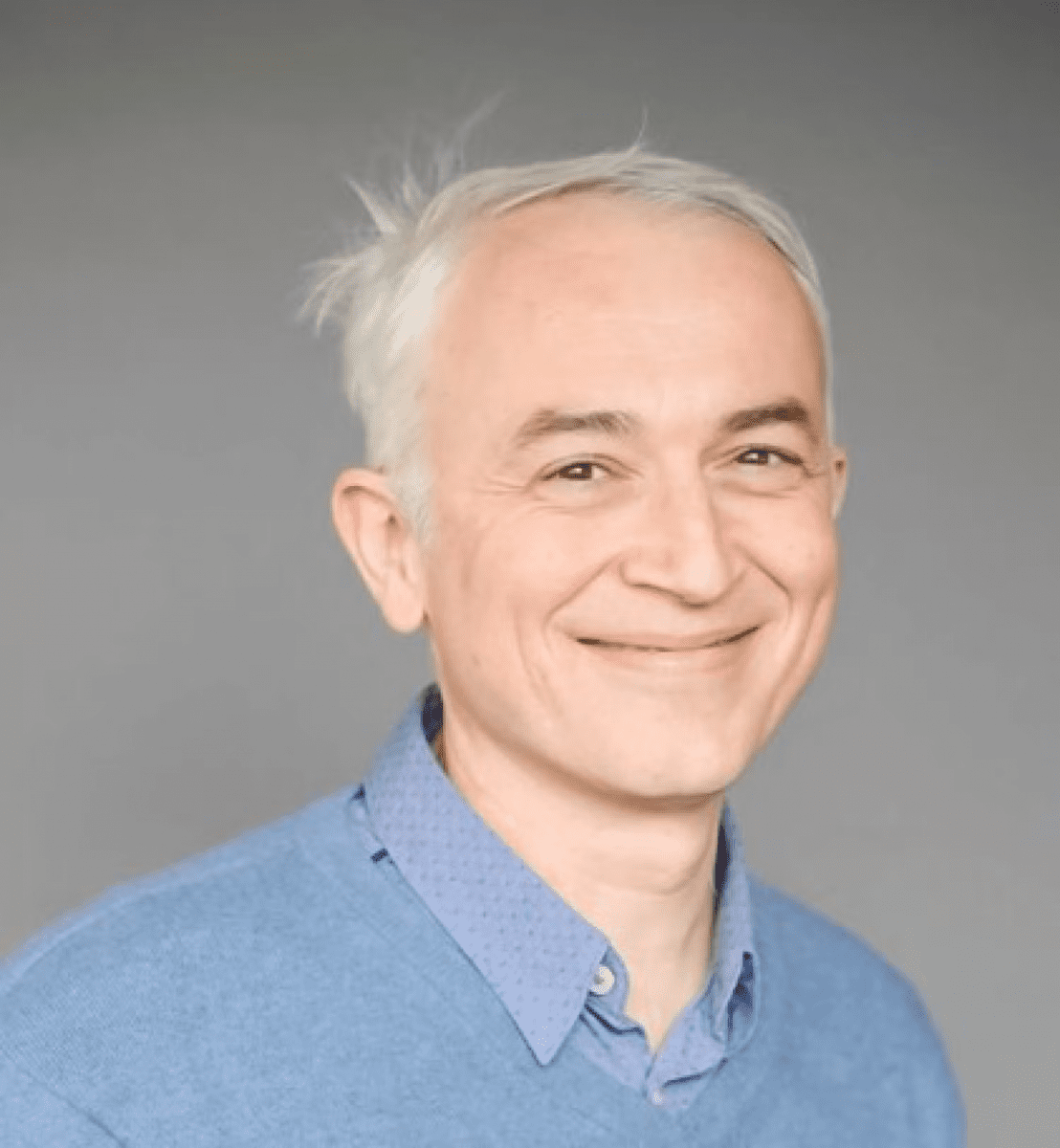
Professor Vladan Vuletić, Pollack Distinguished Lecturer
The University of Connecticut, Department of Physics is proud to announce Edward Pollack Distinguished Lecture will be on Friday, November 7th, 2025. The speaker is Prof. Vladan Vuletić, Department of Physics, MIT. The title of his lecture is “The Quantum Age: From Atomic Clocks to Quantum Computers” For the time and the location of the […]
[Read More]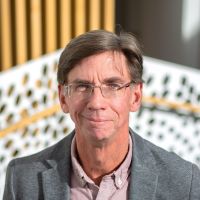
Department Head greeting
Dear Friends of UConn Physics, While I look forward to sharing the news and accomplishments of the Physics Department over the past year, I can’t help but say that one word keeps coming to mind: turbulent. There is no getting around the fact that at the university, state, and federal levels, things have been changing […]
[Read More]
